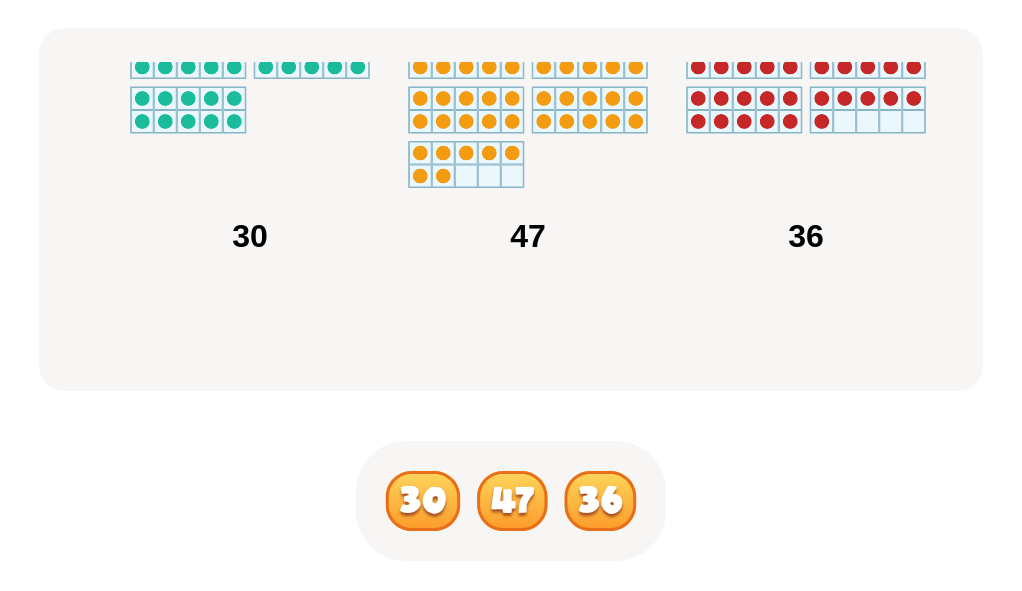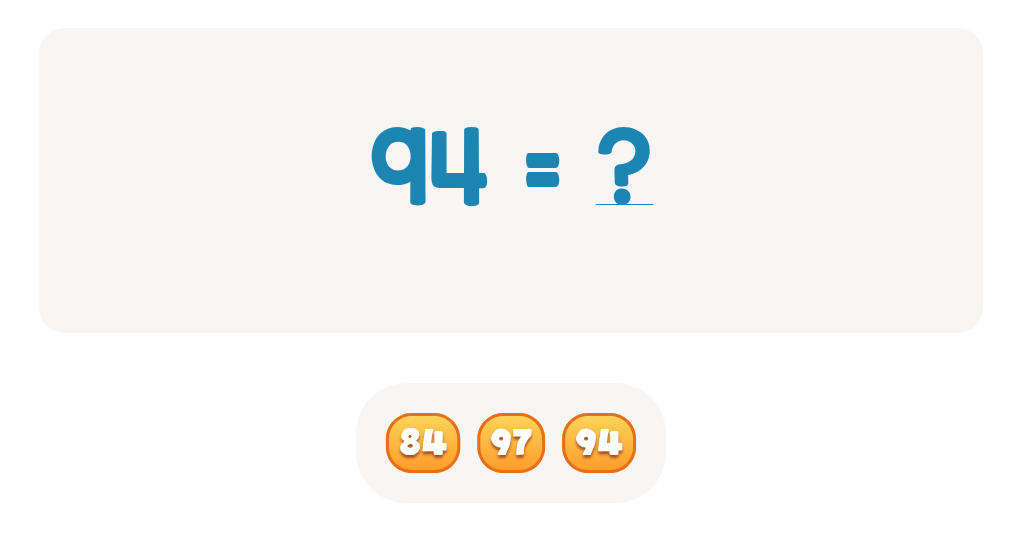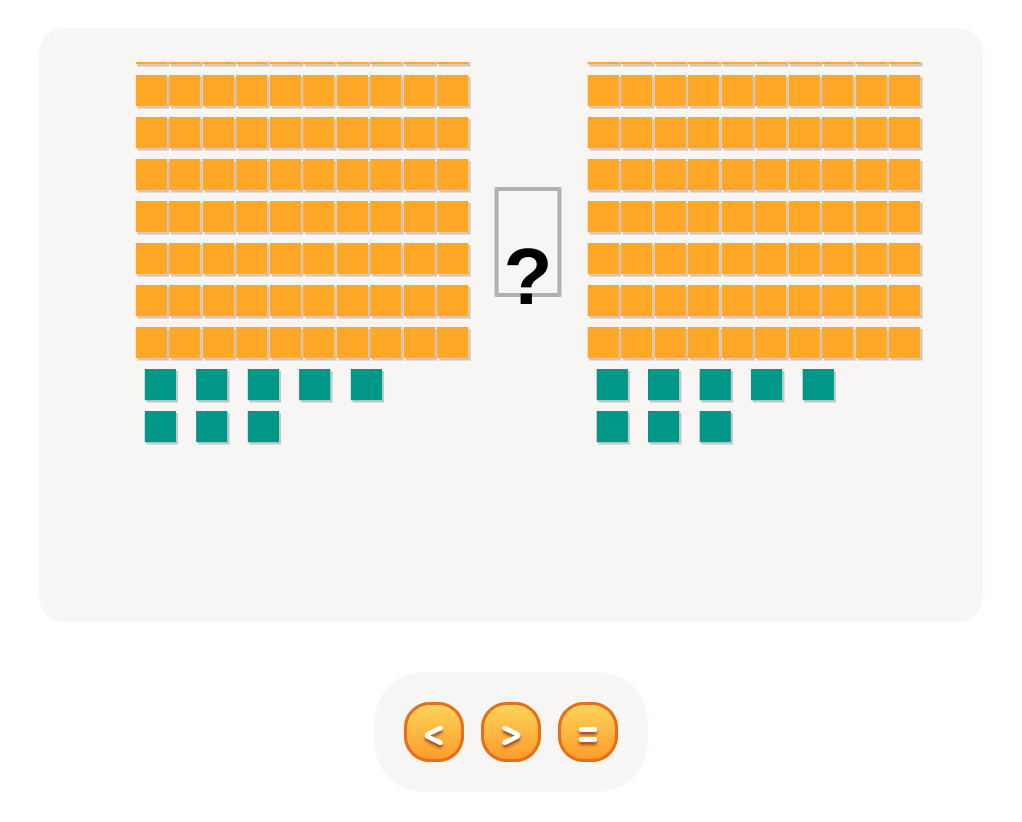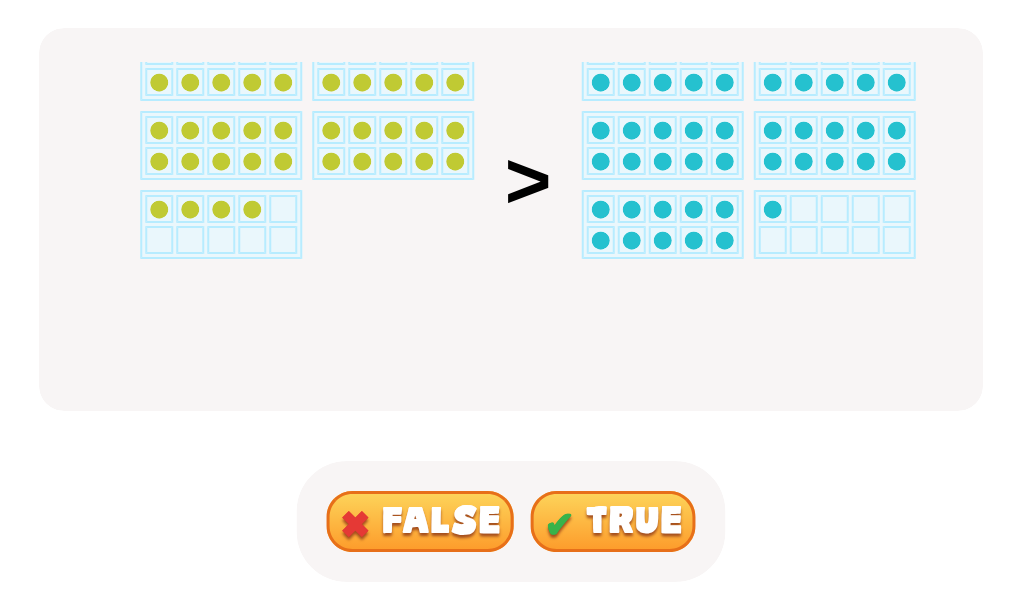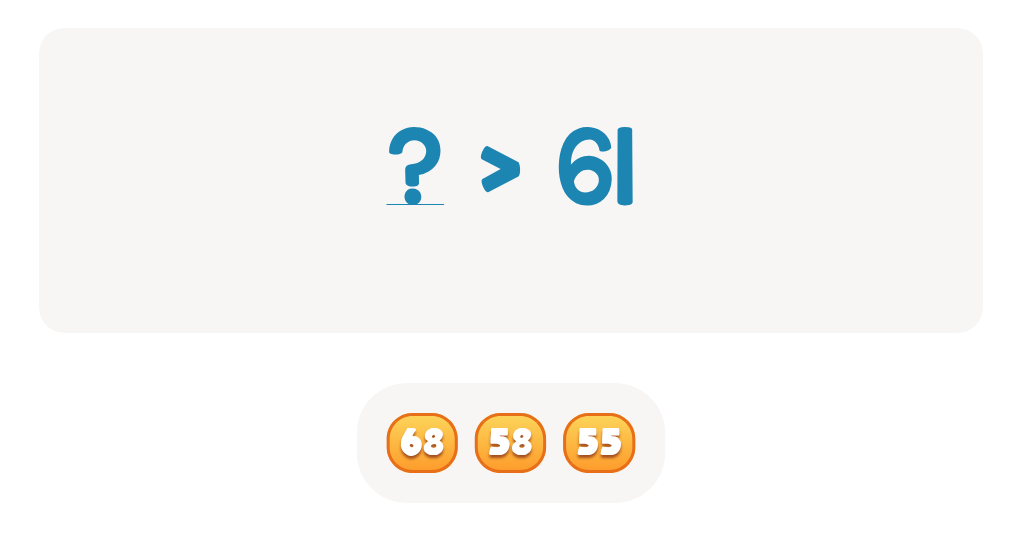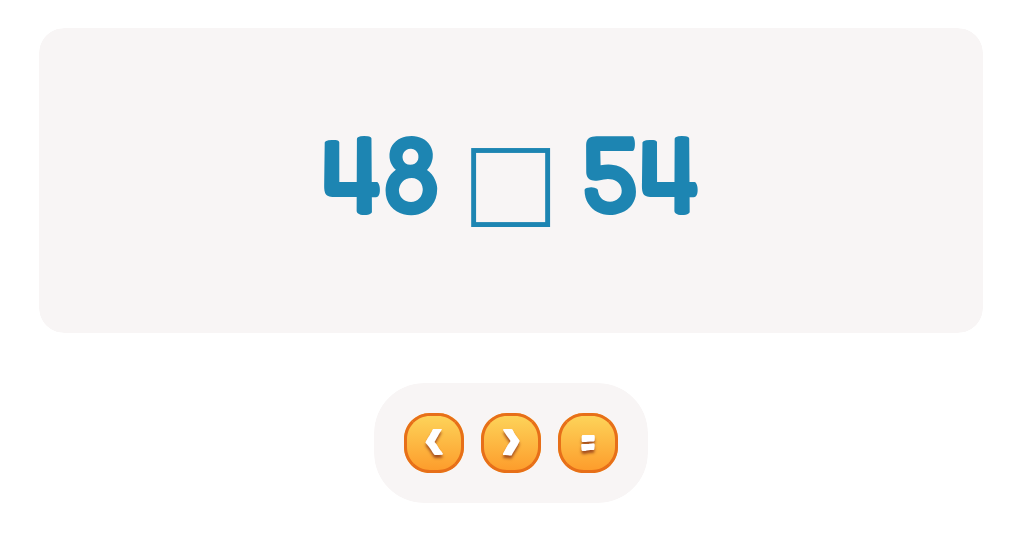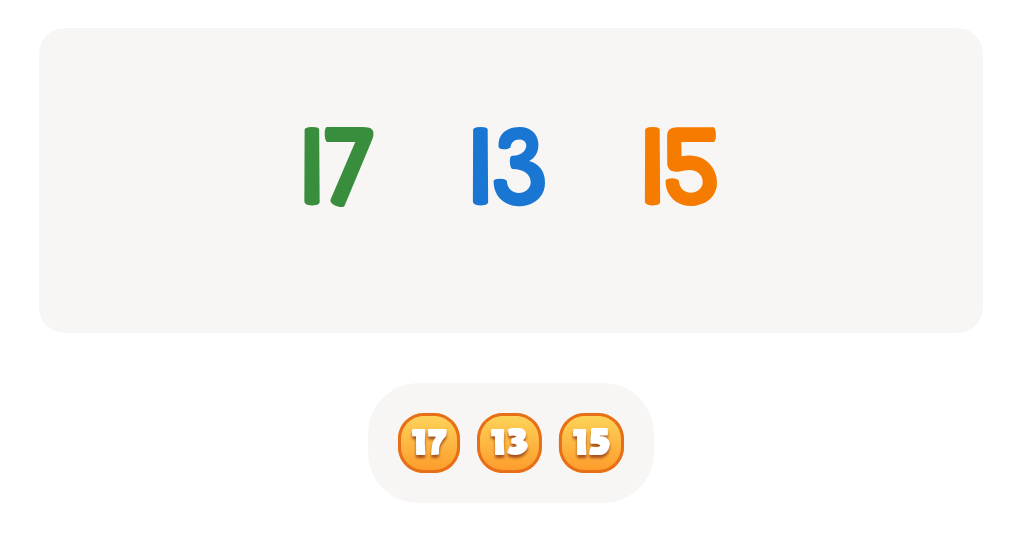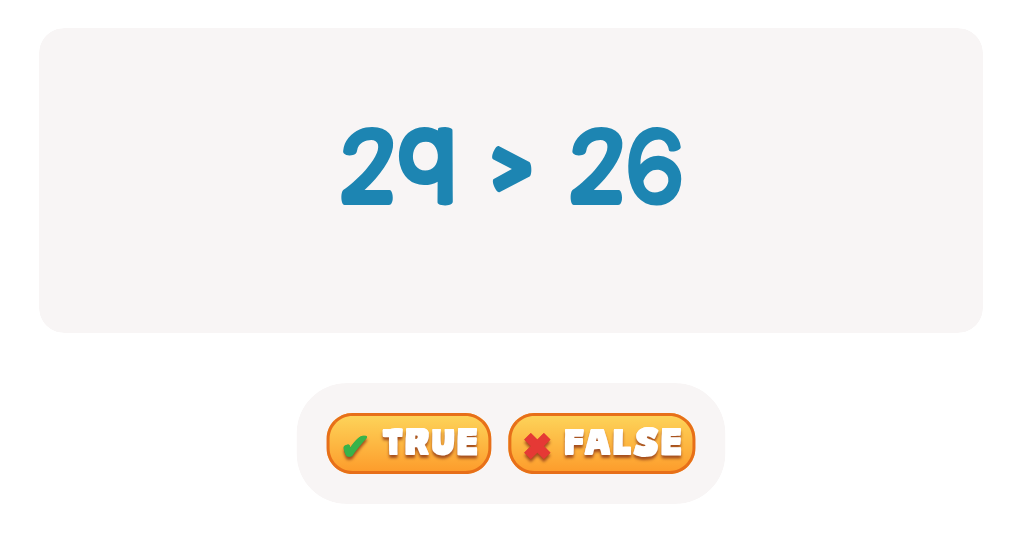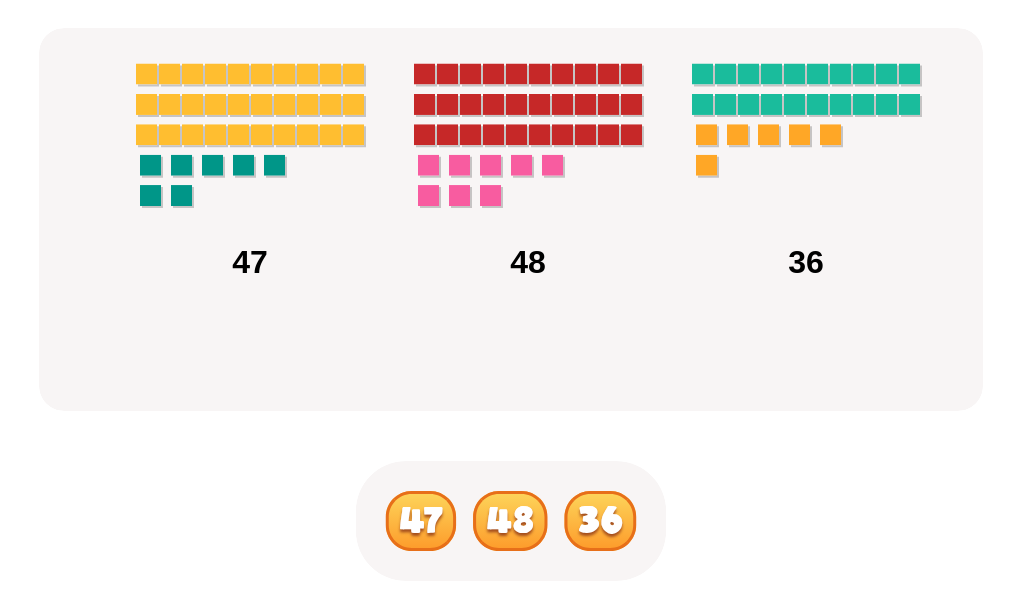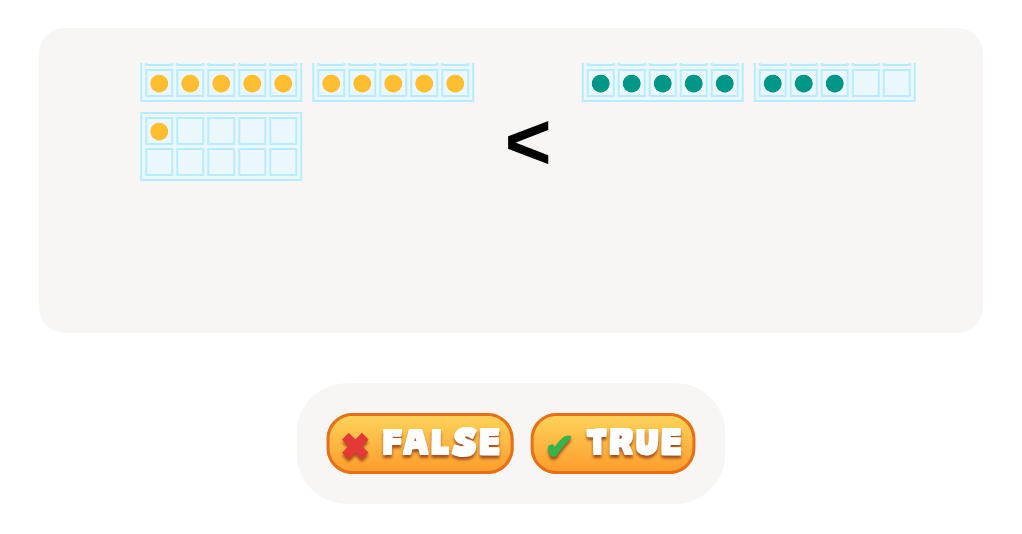Number Recognition Comparing Numbers Worksheets for Ages 4-6
5 filtered results
-
From - To
Enhance your child's numeracy skills with our engaging Number Recognition Comparing Numbers Worksheets, designed specifically for ages 4-6. Our fun, interactive worksheets support early learners in identifying and comparing numbers, fostering vital mathematical abilities. Through colorful visuals and creative activities, children will learn to recognize basic number values, strengthen their counting skills, and develop an understanding of greater than, less than, and equal to concepts. Perfect for both classroom and home use, these worksheets promote independent learning and boost confidence in young mathematicians. Dive into a world of numbers today with our crafted resources that blend education and enjoyment seamlessly!
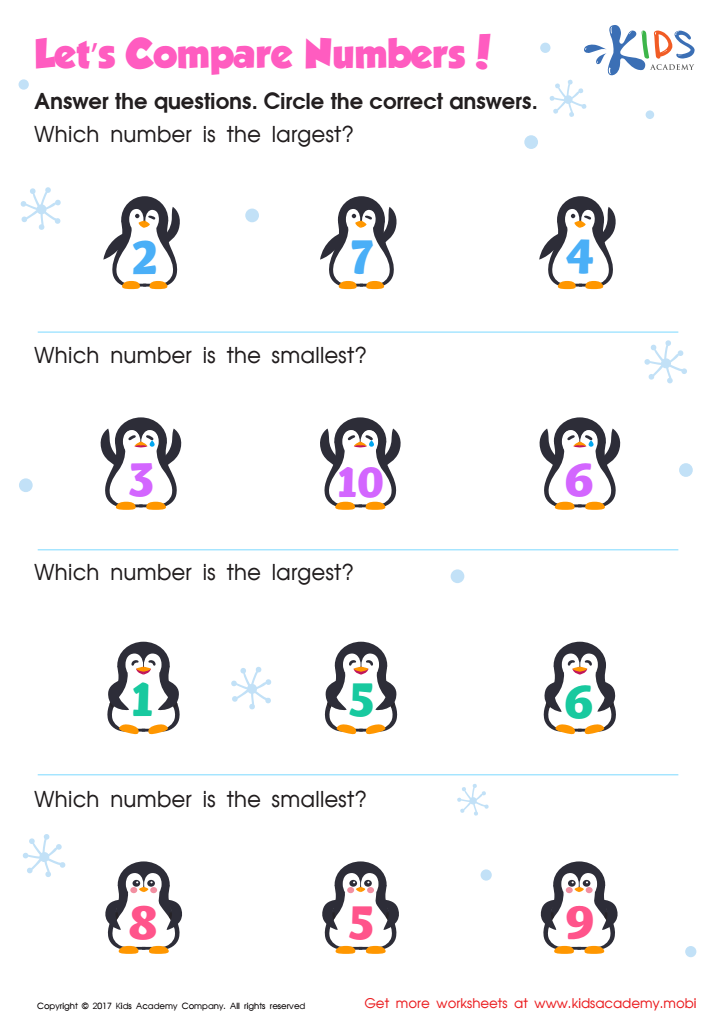

Comparing Numbers 1–10 Worksheet Kindergarten
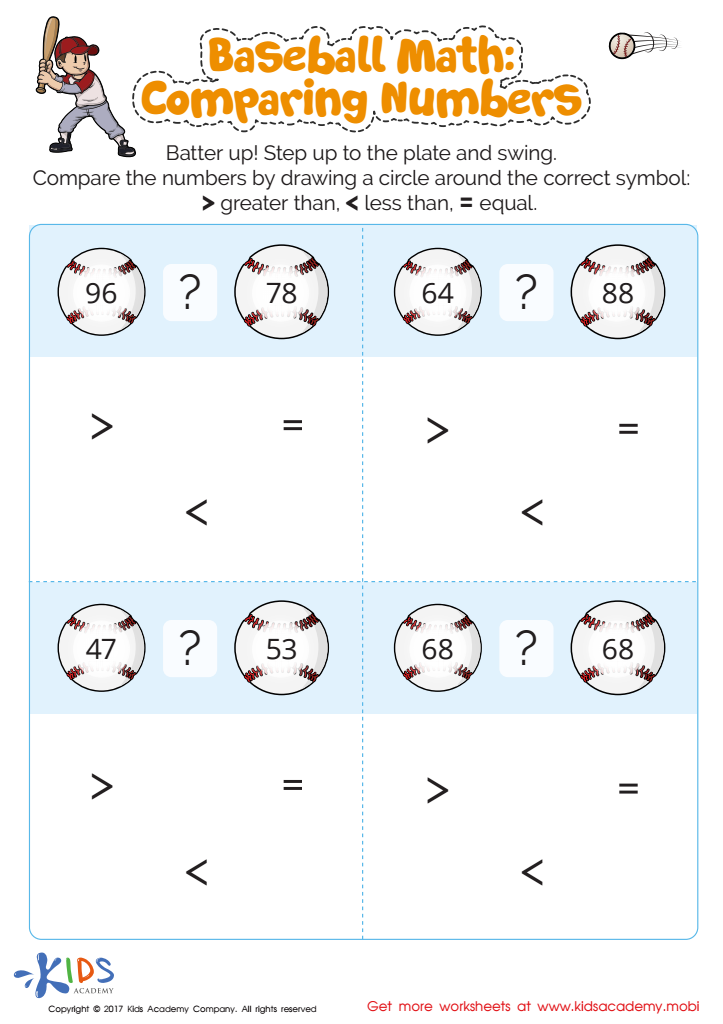

Compare Numbers Printable
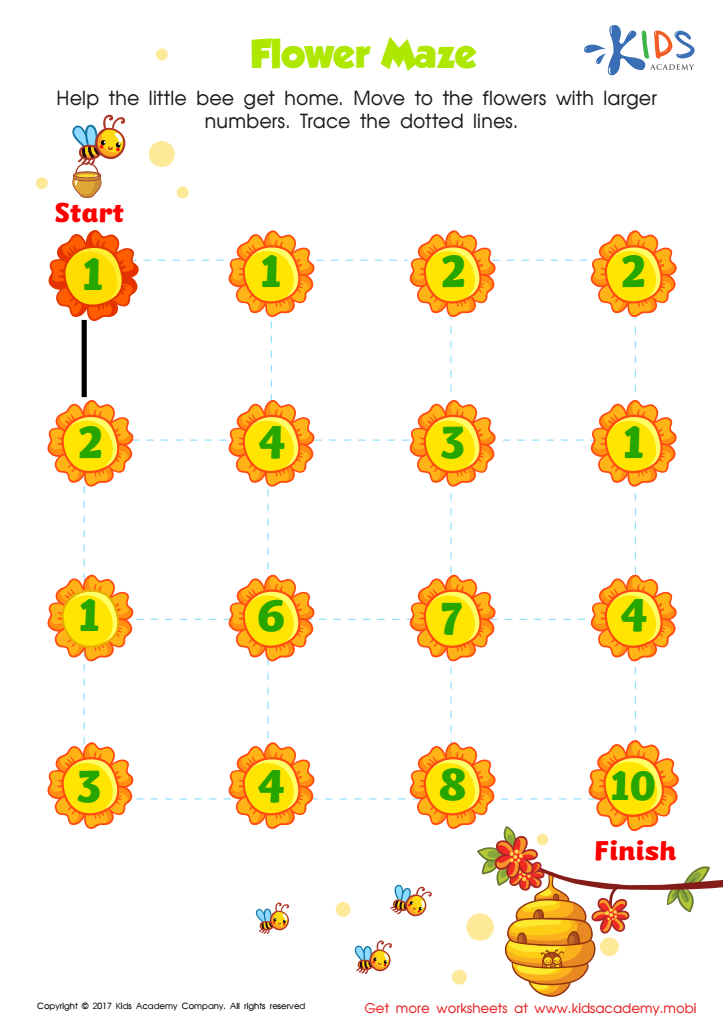

Number Maze For Kindergarten Printable
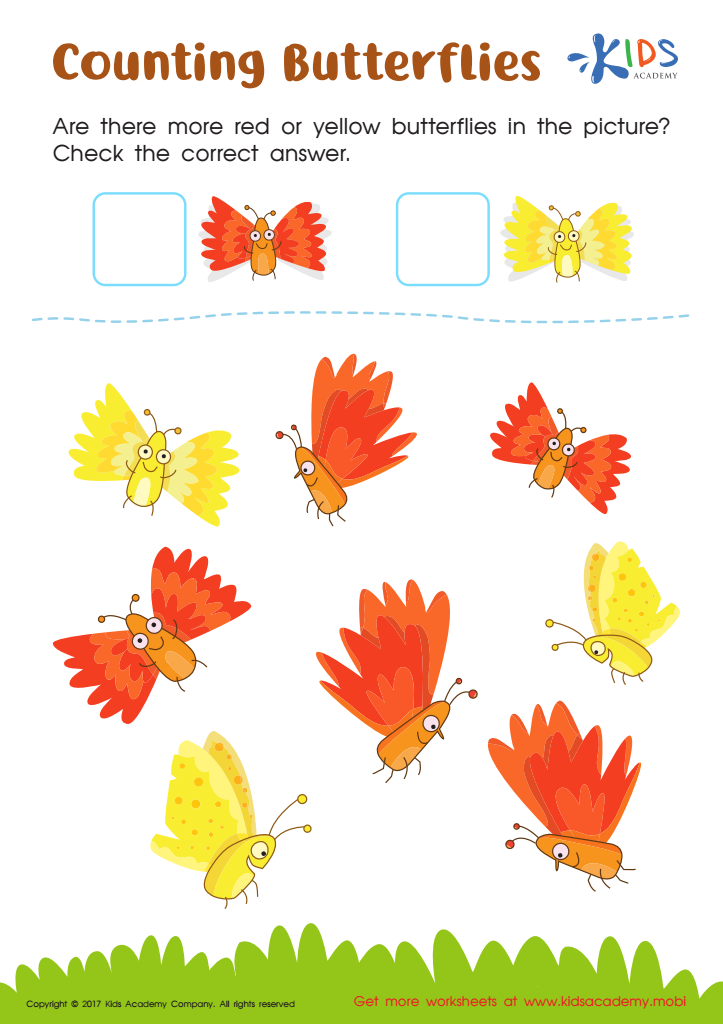

Counting Butterflies Worksheet
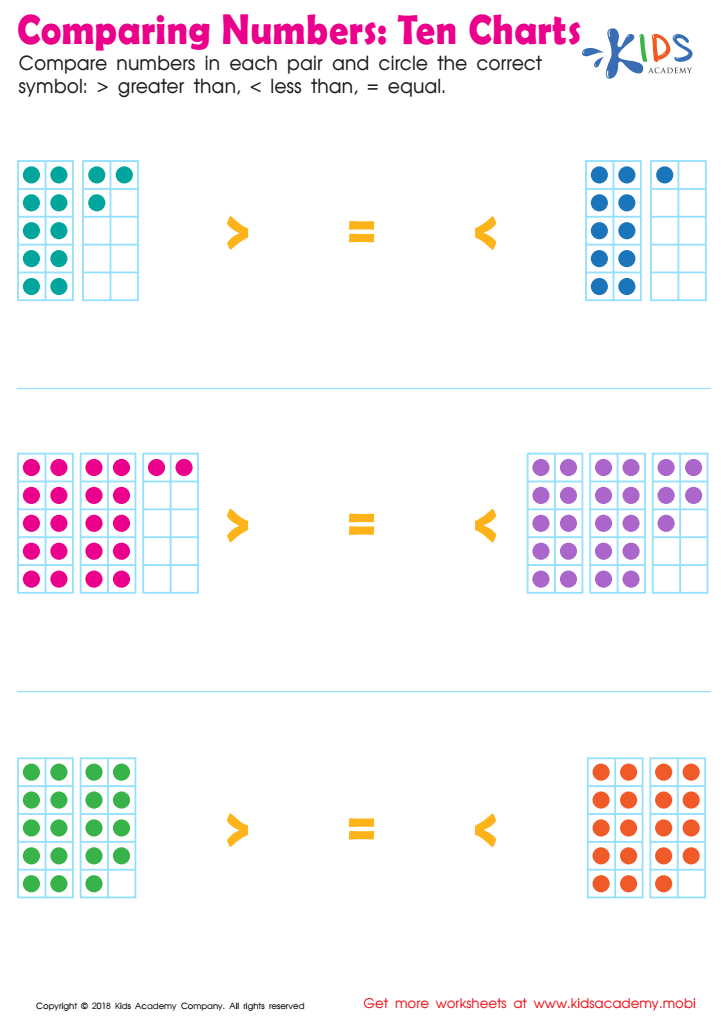

Ten Charts Worksheet
Number recognition and comparing numbers are foundational skills for children aged 4-6 that significantly impact their future learning in mathematics and overall cognitive development. Parents and teachers should care about these skills for several reasons.
Firstly, number recognition enables children to identify and understand numbers, a crucial step for mathematical fluency. By realizing that symbols represent quantities, children can begin to engage mathematically in their everyday lives, building a strong numerical foundation.
Secondly, learning to compare numbers fosters critical thinking and reasoning skills. When children assess whether one number is greater than, less than, or equal to another, they develop their analytical abilities. This foundational comparison skill further aids in understanding basic operations like addition and subtraction.
Additionally, these concepts encourage confidence in problem-solving. Children who can quickly recognize and compare numbers are more likely to tackle mathematical tasks independently and share their thoughts insightfully.
Finally, early proficiency in these skills can lead to future academic success, reducing math anxiety and promoting a positive attitude towards learning. By nurturing these skills, parents and teachers not only support children’s immediate educational journeys but also prepare them for lifelong learning and success in a numerically driven world.
 Assign to My Students
Assign to My Students
